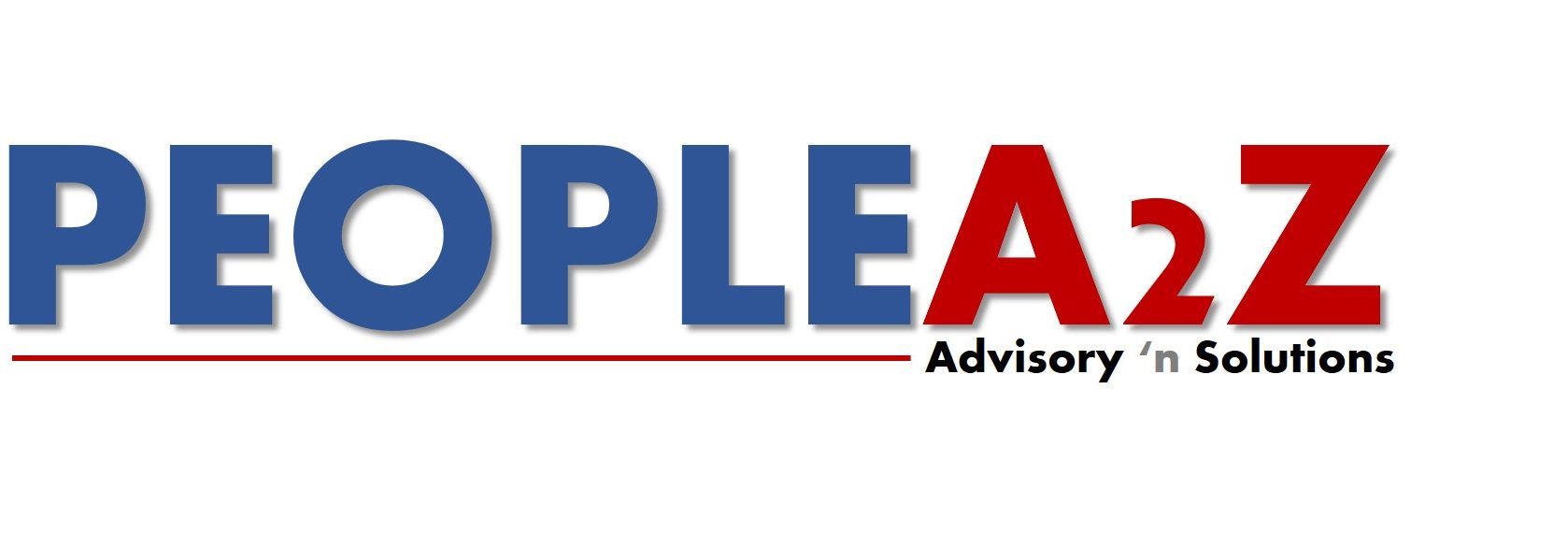
TECHNOVATION (TECHNOLOGY & INNOVATION) is the key for growth of the organization & its single important factor that drives the organization. It also measure the nation strength
Consumer preferences, Market Trends, Innovation of new products/services, and world class product are the key factor to sustain the organization
Challenges of HR Managers
- Challenges due to Globalization
- Workplace Diversity
- Fast changing Technology
- Changes in political, legal environment & Information Technology
All these challenges increase the pressure on HR managers to attract retain and nurture talented employee
HR professional can’t ignore these challenges rather they ought to design and execute innovative mechanisms of developing skills and competencies of human resources to prepare them to accept the emerging challenges
There is a need to identify:
- New technology & Modern manufacturing processes,
- Ensure quality in production and
- Improve skills of the employees so that they are able to adapt to new environment.
By doing so organizations are expected to improve upon their knowledge management function. It is therefore essential to understand new technology paradigm in the process to achieve human factor engineering to enable quality product and services are rendered to the society
It is in the light of the above; HR functions are required to be seen to meet the impact of technology.
HR needs to embrace TECHNOLOGY:
- New HR processes & Re-engineering of processes required
- New Skill has to be added to the profile of HR people
- Cost & Strategic impact
- Change in behaviors required for adapting to technology as people have to be forced out of comfort zones
- Cross cultural training and technological and informational training for HR people
Challenges of Information Technology on HR Function
- New skills Development
- Possibility of Downsizing
- Collaborative/Team work style
- Tele-commuting
- Internet and intranet revolution
- Changes in Business environmental
- Improvement in Service Quality
A recent study by PricewaterhouseCoopers found that small to midsize businesses spend an average of $2,000 per employee per year on administrative paperwork related to payroll, health care benefits and time and attendance. Sounds like those costs are going to paperwork for human resources, HR apart from more than 25 -35% time spent by HR Head/Executives
Benefits of Cloud HR Technology
The Society for Human Resources Management (SHRM) regularly surveys a range of differently – sized companies, and regardless of size, respondents report the following benefits of HR technology:
- Greater information accuracy
- Ease of use – Experience
- Future Generation Savvy due to mobile applications
- Shorter process times
- Reduced administrative paperwork
- Workforce management without increasing staff
- Positive ROI
- Auto updates due technology
Evolution of HR Technology
HR technology falls into a following categories:
- Commercial desktop applications like spreadsheets
- HR management applications licensed from a vendor
- HR technology custom-developed in-house by IT staff
- Comprehensive HR technology systems provided by an outsource, accessed via web portal
- Cloud based HR technology i.e., SAAS (Software as a Service) or PAAS (Platform as a Service)
HR cloud for Managers
- ESS/MSS
- Recruitments
- Use for Technology for Communication purpose
- Payroll processing and tax administration
- Benefits selection and costing
- Open enrolment, new hires, life status changes
- Mobile access to HR data for employees, including company directories, expense and time off approvals
- Employee compensation administration, including claims reports and administration
- Employment law regulations, compliance, guidance and materials
- Recruit top candidates using the latest social networks, apps and data-mining tools; track applicants, compile feedback, coordinate communication with stakeholders during hiring process
- Gather and report accurate data automatically, delivered to dashboards, enabling sound business decisions
- Improved workforce productivity through regular performance management, including real-time feedback throughout the year, align individual goals to company goals
- ELearning-Learning management tools, including online development and continuing education courses relevant to your business, conveniently accessed by employees
- Expense management processes and approvals
- Time and attendance reporting
- Achieving Business Excellence
Advantages:
HR technology improves the gathering of accurate data, delivers reports that can be customized to company needs, and supports more informed decision making while offering improved and measurable returns on investment
Furthermore, recent industry surveys show advantageous numbers related to HR technology:
- 40-50% less time spent on HR administration
- Up to 40% administrative costs savings
- Up to 6.5% increased value of business
Some of the HR Software’s:
- Talent Pool
- Zoho People
- IBM Kenexa
- HR Web
- Conrep
- Snap HRM
- Cornerstone HR
- Sentrifugo Open Source HRMS
- Kronos Workforce Ready
- ADP Vista HCM
Future of HR Technology & Impacts:
HR technology will enable organizations to work efficiently across all facets of human resources management
- IoT- Internet of Things – like Integrated platforms such as SaaS & PaaS
- Artificial Intelligence/Robotics – Machine Learning
- Big Data
- HR technology will offer one-of-a-kind services, tailored to fit your company’s needs. .
- Streamlining and simplifying workflow management will significantly alter the essence of what “talent” is.
- Mobile HR and wearable HR tools (i.e., exercise trackers and other sensor innovations) will continue to help create the Internet of Things
The future of HR certainly hinges on technological advances and a company’s ability to effectively implement that technology. Ultimately, the combination of technology and human interaction will play a critical role in the growth and success of a business and its employees
Case Study:
Flextronics is a leading electronics manufacturing services provider. The company was struggling with manual global reporting that often caused inaccuracies. 80 different HR systems existed within the company due to several acquisitions, which made management difficult. Rather than working as a whole, various locations acted more like independent entities. They had separate processes and systems that didn’t talk to other parts of the company, resulting in widespread inefficiency
Flextronics implemented Workday’s HCM and cloud payroll solutions to create a single record system for their entire global workforce. Workday’s self-service features have given managers greater transparency into the organization, including the ability to see how much their employees cost, and what current priorities are. The subscription-based SaaS delivery model also reduced up-front investment, which has helped their organization stay agile
Results
- 80 disparate global HR systems replaced by a single system
- 30 percent reduction in total cost of ownership compared to a packaged solution from a traditional vendor
Additionally, by replacing their expensive, fragmented system, Workday helped Flextronic’s HR automate transaction-based processes so they could focus on strategic business projects and provide data to company leaders.
- November 13, 2016
- Posted by: Deepak Bharara
- Category: Performance

